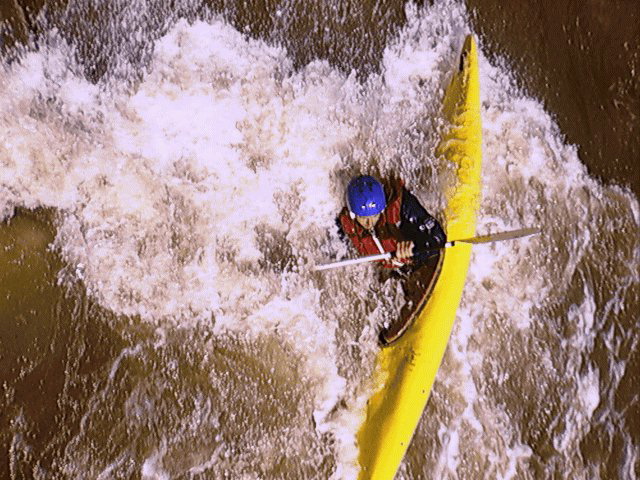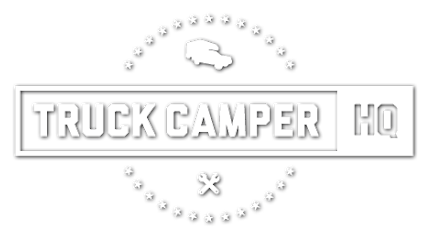5 Dangerous Mistakes Rookie Campers Make And How to Make Your Adventure Safe

Any camper who guarantees never to commit an error in the wilderness is either ignoring reality or doesn’t get out there often enough. Regardless of how long we’ve been camping, every one of us is guilty of an occasional “mistake of judgment”.
In any case, is that how things should be? Unquestionably not! In the event that we commit dangerous mistake learn a lesson from it, every slip-up turns into a learning opportunity.
It appears to me couple campground dangers happen more as often as possible than others, especially among camping newbies. Here are five dangerous situations you must be aware of:
Danger #1: Poor choice of hardware
Perhaps it’s the camper’s first time out. They are excited. There is a need to get the right equipment. So they head down to the store and practically buy it out. This is where the problem of making poor choices in accumulating camp equipment. Some of the stuff may be cheap. This is where inexperience is dangerous. The result is a lot of extra things that may or may not be vital when camping.
The Safe Way: Hold off purchasing an excess of stuff until you get feel for the camping way of life. Match stuff you get with activities that most speak to you. Read, ask, glance around; perhaps employ some deep research to check whether you absolutely must have the item. After every trip review your gear choices, then include (or toss) as your needs warrant.
Danger #2: An intense first excursion
Enthusiasm may cause the first time camper to bite off more than they can handle. It is best to reconsider an intensive week long excursion in a remote, uninhabited area. Not only is this risky, the intensity of the situation may make this not only the first time out. It may also make it the last time out. Unfamiliar surroundings, new equipment, inexperience can all lead to disaster.
The Safe Way: Take your outdoors one step at once. Build up your outdoor adventures. Start out slow and build up to more rugged experience. For instance, attempt a test outing. Stay within a reasonably close to other campers. This could be a state or national campground. It could also be an RV park. When you arrive at your destination, visit the camp office for activities ideas of thing to do. Finally, explore the surrounding area to get a lay of the land.
Danger #3: Traveling too far or too quick
Obviously in order to make it to a camping destination it will require that you drive there. Perhaps a week long get away is planned. The goal becomes getting there a quickly as possible. The problem with this is that there are many sites and adventure that can be enjoyed along the way. These extra sites can make the trip more memorable.
The Safe Way: When traveling, set aside some time to see and experience sites along the journey. A good amount to travel time should max out at about 6 hours. Traveling 12 to 20 hours can be brutal. When making a long trip, break down the travel time to explore place along the route that can be fun and entertaining. Also consider making your maiden voyage only a few hours from home.
Danger #4: No campfire preparation
One of the experiences most campers enjoy is sitting around the campfire. It is a great time to relax and have deep conversations with your family or friends. A good fire is essential to the camping experience. Where the novice camper can run into trouble is not being prepared. First, it is essential that fires are permitted at the campground. Sometimes fire season may limit the ability to have a campfire. If fires are permitted one mistake made is either not having enough fire wood or the wood not bringing the right kind. Wet wood will not easily burn and will cause a lot of smoke. Wood with paint with also is smoky with the added danger of emitting noxious fumes. One big danger is starting the fire. Excessive fuel used to start a fire can be very hazardous.
The Safe Way: Plan ahead. Learn the fundamentals of starting and maintaining a fire. Gather enough dry kindling and fuel for your first pit fire, either before you leave home or along the way. A bow saw and an empty container is what you basically need. A supply of waterproof matches is also useful. Newspaper can be used to help start the fire. Use newspaper to get the kindling started before adding larger pieces of wood.
Danger #5: Inadequate refrigeration
Having refrigeration is vital when camping. This is true especially if the food is perishable. An ice chest can be used to store food that can spoil. The danger is not having adequate ice. Over time ice will melt. This melting of ice will accelerate in warm, dry weather or the cool being placed in direct sunlight. Now having the ice in a sealed container can be disastrous. Imagine having your steaks floating around in a blood soup of melted ice. This is really a health hazard.
The Safe Way: If possible freeze a block of ice. Blocks of ice will melt slower that chuck of ice. Then place the ice is a water tight container. This will keep the ice contained so it would “water down” all your food. Monitor the ice to see how quickly it melts. It is possible that the ice will need to be replenished. Therefore add more ice. Rather than using water based ice a better way is to get dry ice. Keep the icebox in a well shaded area. If not shady spot is available fabricate one using some type of covering. Keep a layer of jars or watertight compartments over the base to keep food (in container!) out of the water.
Try not to be excessively surprised if, in your first camp out, you find yourself up against a number of missteps covered here. Anyhow, take heart: Each blunder you make in the end adds to your outside wisdom. Also, albeit there will always be campers with more experience than you. Learn and prosper from their past mistakes.

Leave a Reply